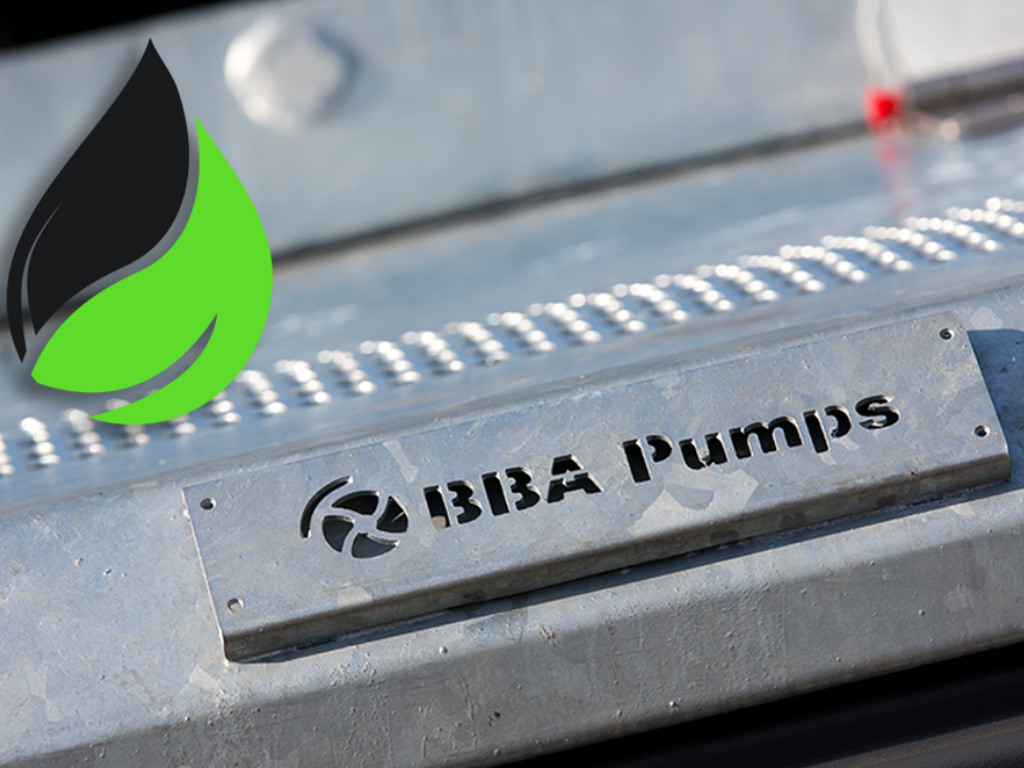Headlines
The Way to CO2 Neutrality with Synthetic Fuel
Wednesday, February 9, 2022
In accordance with our constant focus on the environment, we are pleased to announce our next step towards CO2 neutrality. Our engine suppliers Hatz and Perkins have agreed to the use of synthetic fuels. This allows the pumps to run on renewable fuels, which allows you to achieve a CO2 reduction of up to approximately 90%.
EN 15940 renewable fuels
In addition to the EN 590 standard for fossil diesel oil, there is also the EN 15940 standard, which describes synthetic fuels. This fuel is commonly referred to as renewable due to its manufacture from a variety of compounds, not necessarily derived from petroleum. The products are covered by synthetic renewable fuels; XTL (X-to-Liquids), BTL (Biomass-to-Liquids), GTL (Gas-to-Liquids), HVO (Hydro treated Vegetable Oil), e-Fuels (fuel produced by electrolysis) and also CTL (Coal-to -Liquids).The use of Synthetic Fuels
The properties of the above mentioned renewable synthetic fuels are very similar to fossil diesel oil. In addition to reducing CO2 emissions, synthetic fuel contains little or no sulfur and absorbs less water.Synthetic fuels often have a higher cetane number than fossil diesel oil, but the density is generally lower. If the specific mass is lower than 0.78 kg/l (measured at 15 °C), this can result in a loss of power compared to fossil diesel oil. Therefore, the use of mixed variants is allowed to adapt the properties of EN 15940 to those of EN 590.
What are users saying about synthetic fuels?
The transition towards renewable energy has of course played a key role in our society for years. For example, many users of agricultural vehicles, earth-moving machines and also shipping industries have experience with synthetic fuel. These users see other benefits of EN 15940 and say the following about it;“There is less smoke coming from the engine due to the minimal soot formation”
“The combustion is much cleaner, so the filters stay cleaner”
“Cold starting is better, however, when the engine is warm it may take a little longer to start”
“We see the fuel consumption increase slightly, on average by 2 to 3%”
“With older engines it is possible that the rubbers will shrink and show leakage”
“The engine seems to be running a little calmer and quieter”
“We’ve had no problems with algae growth in the tank since we switched”

